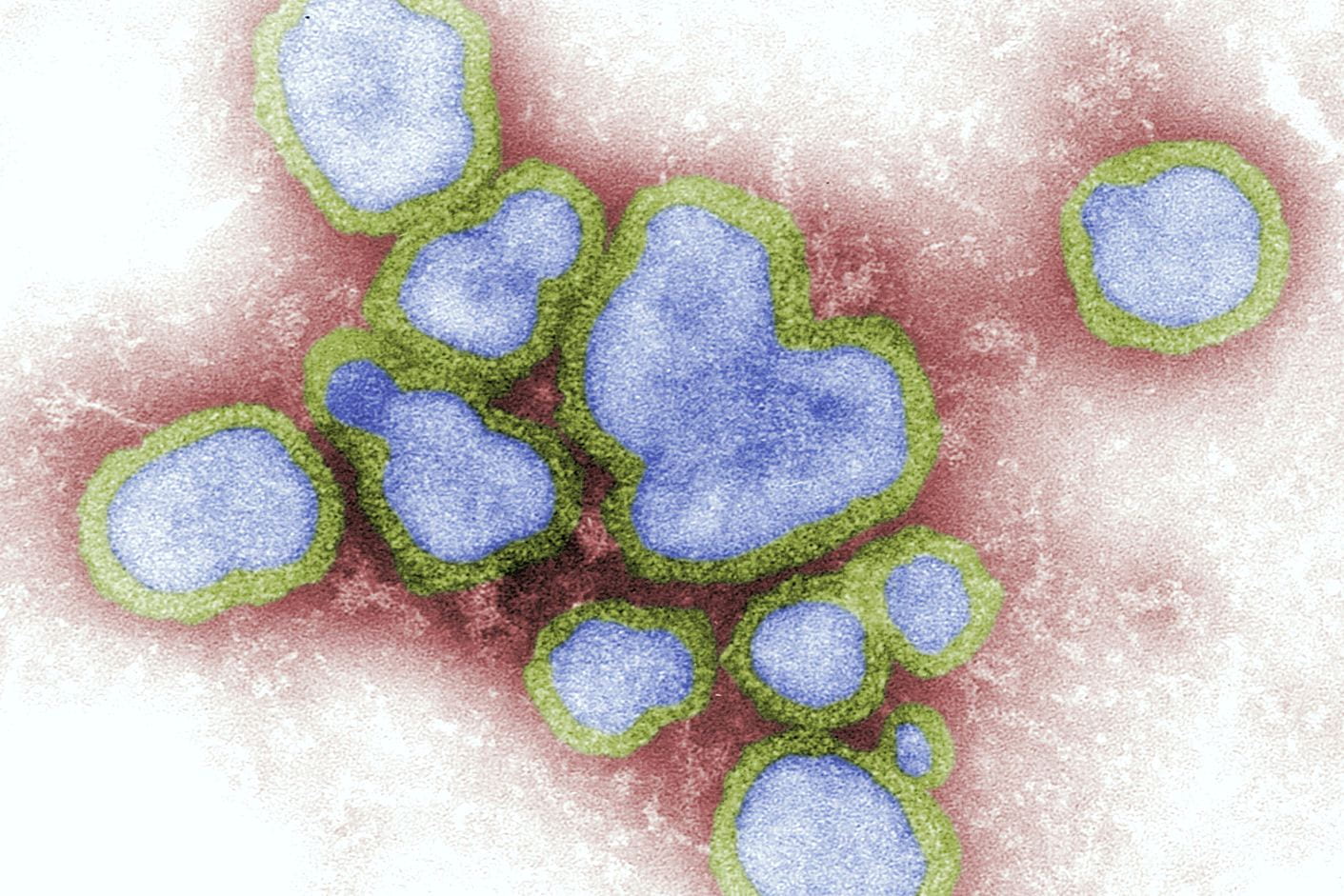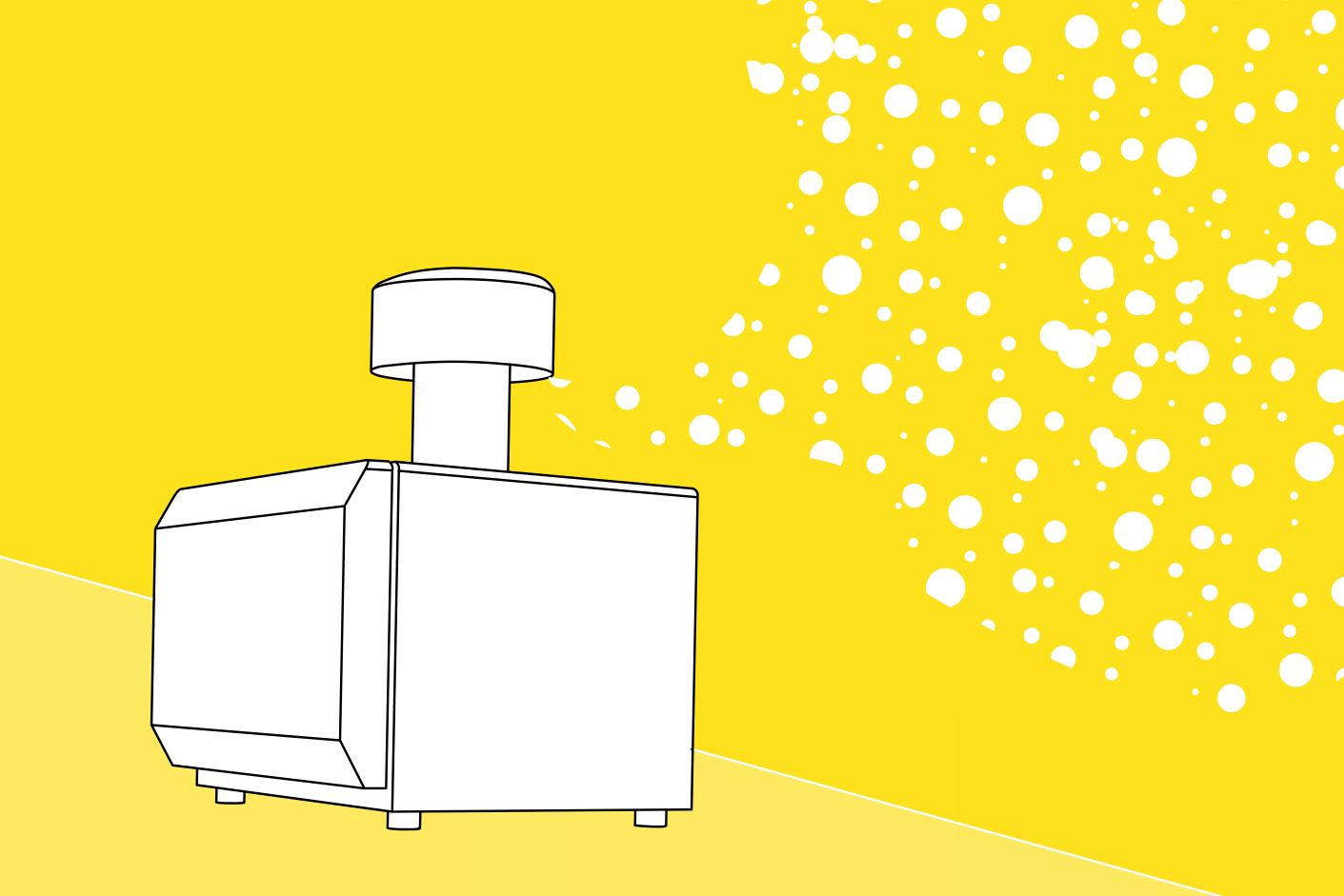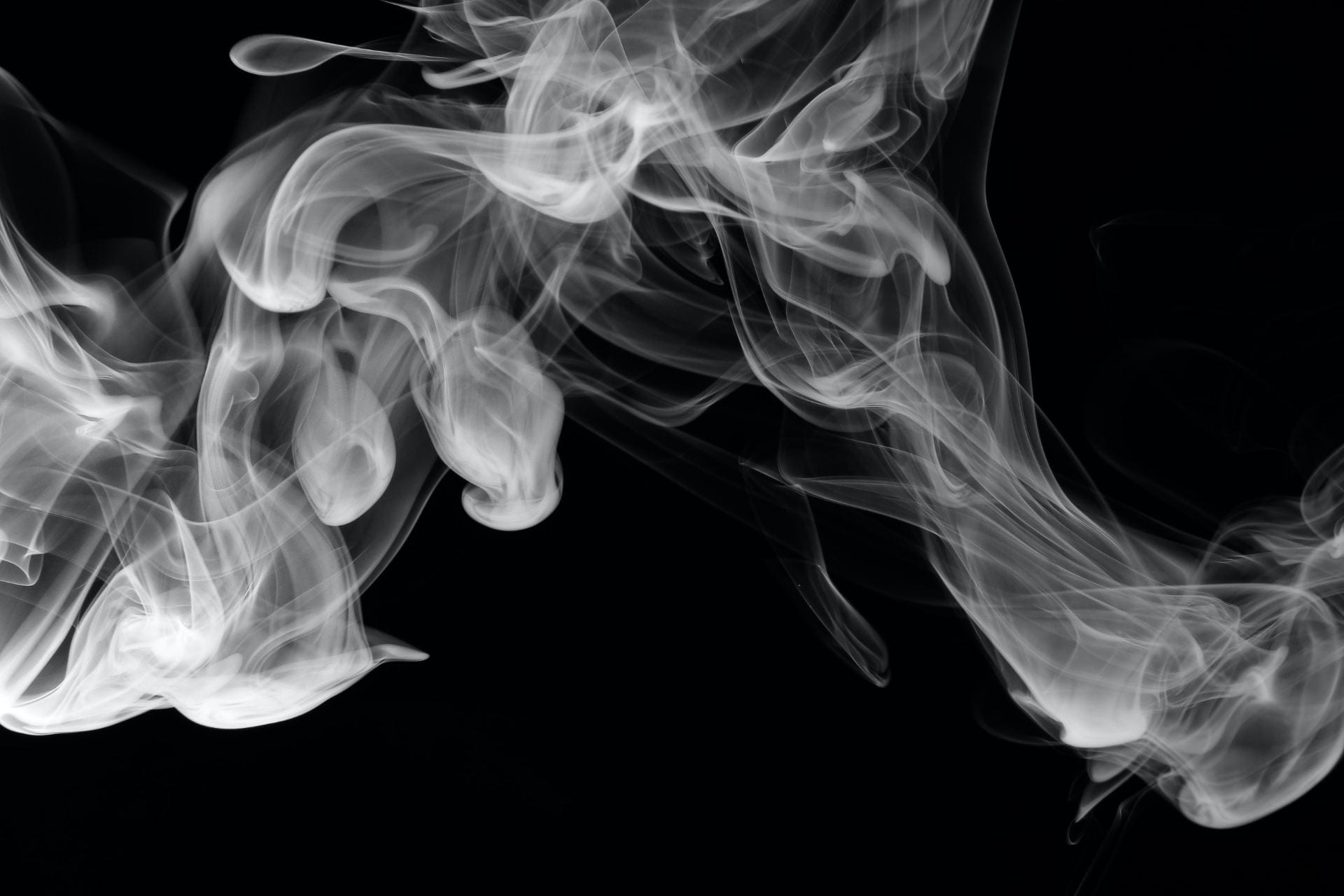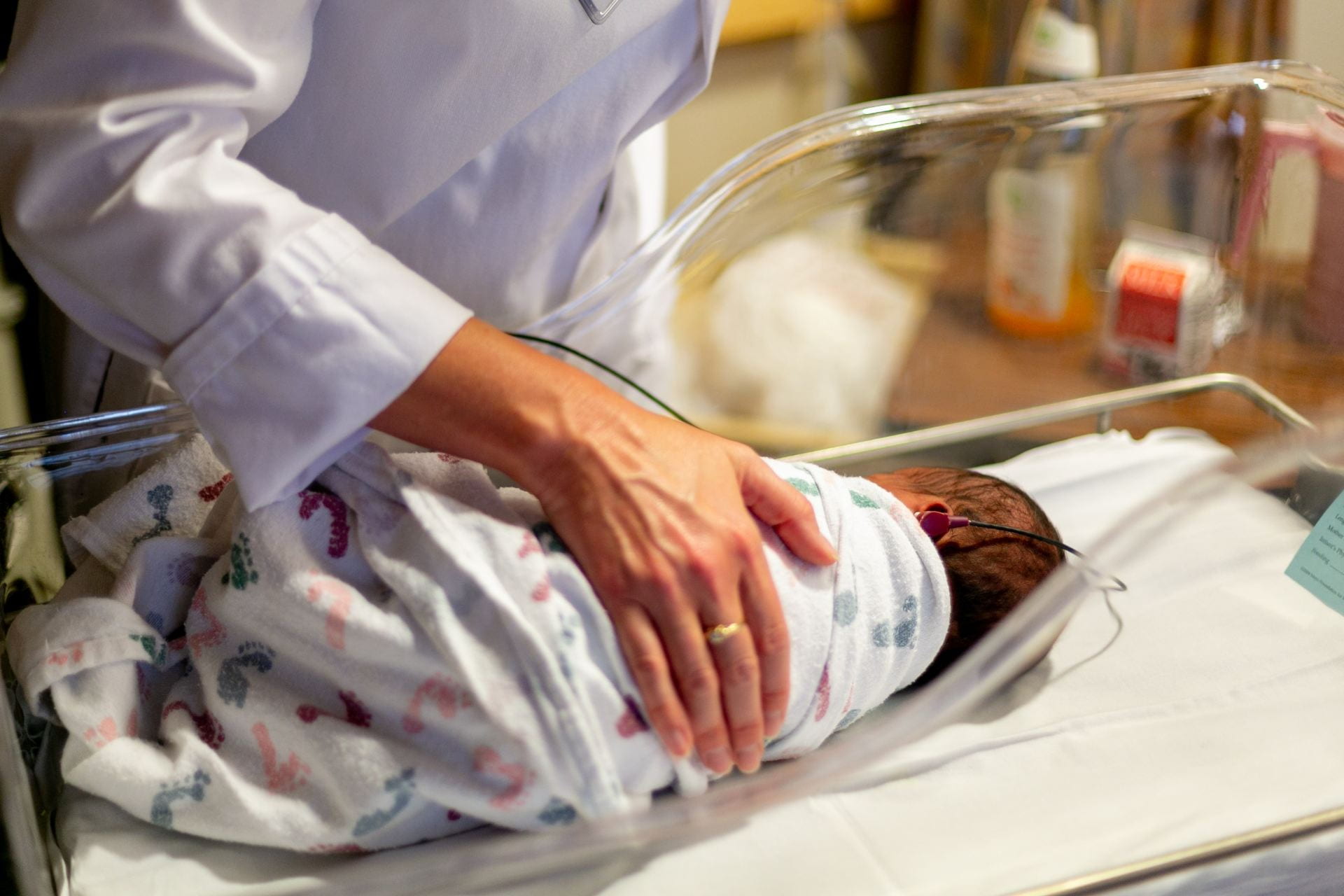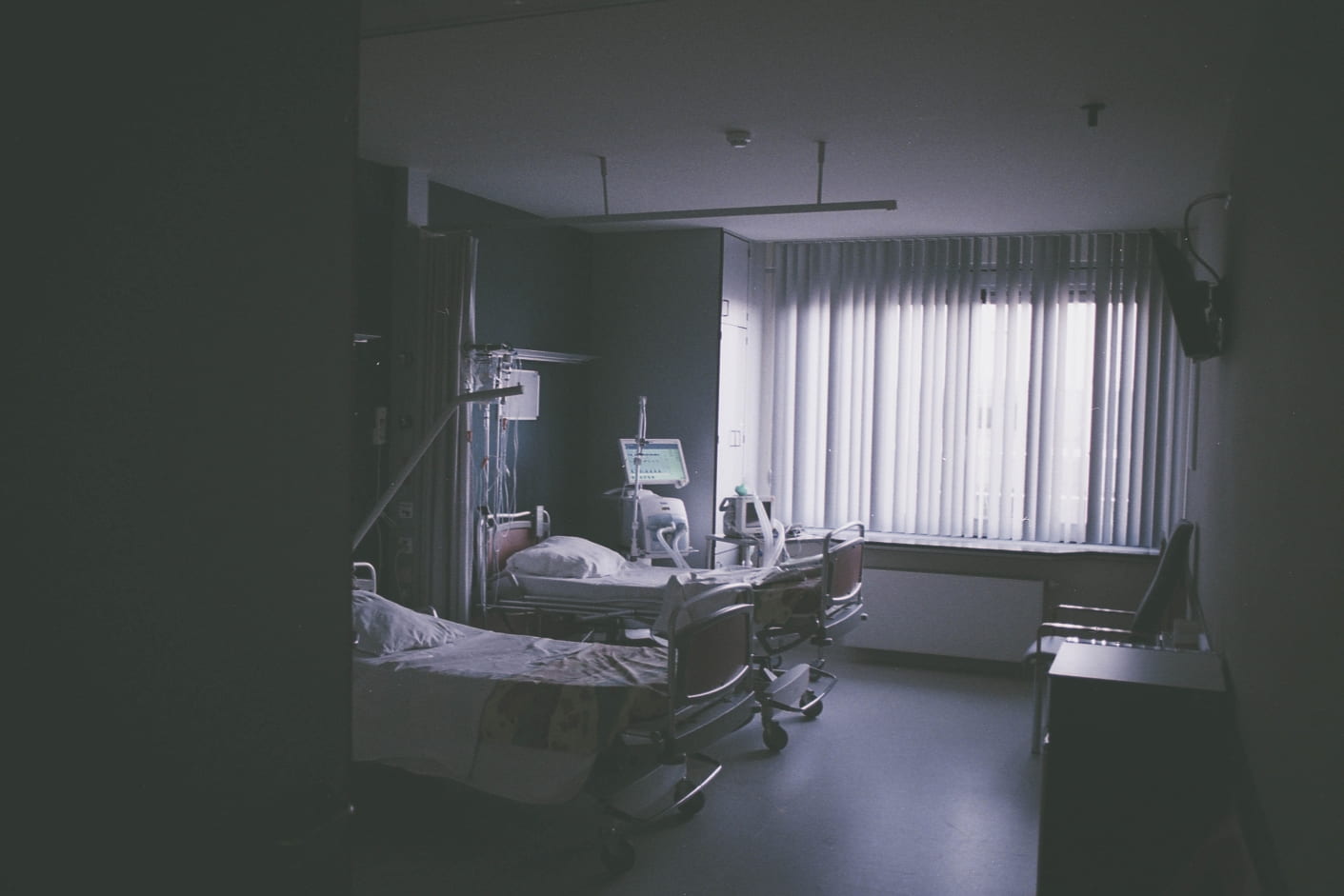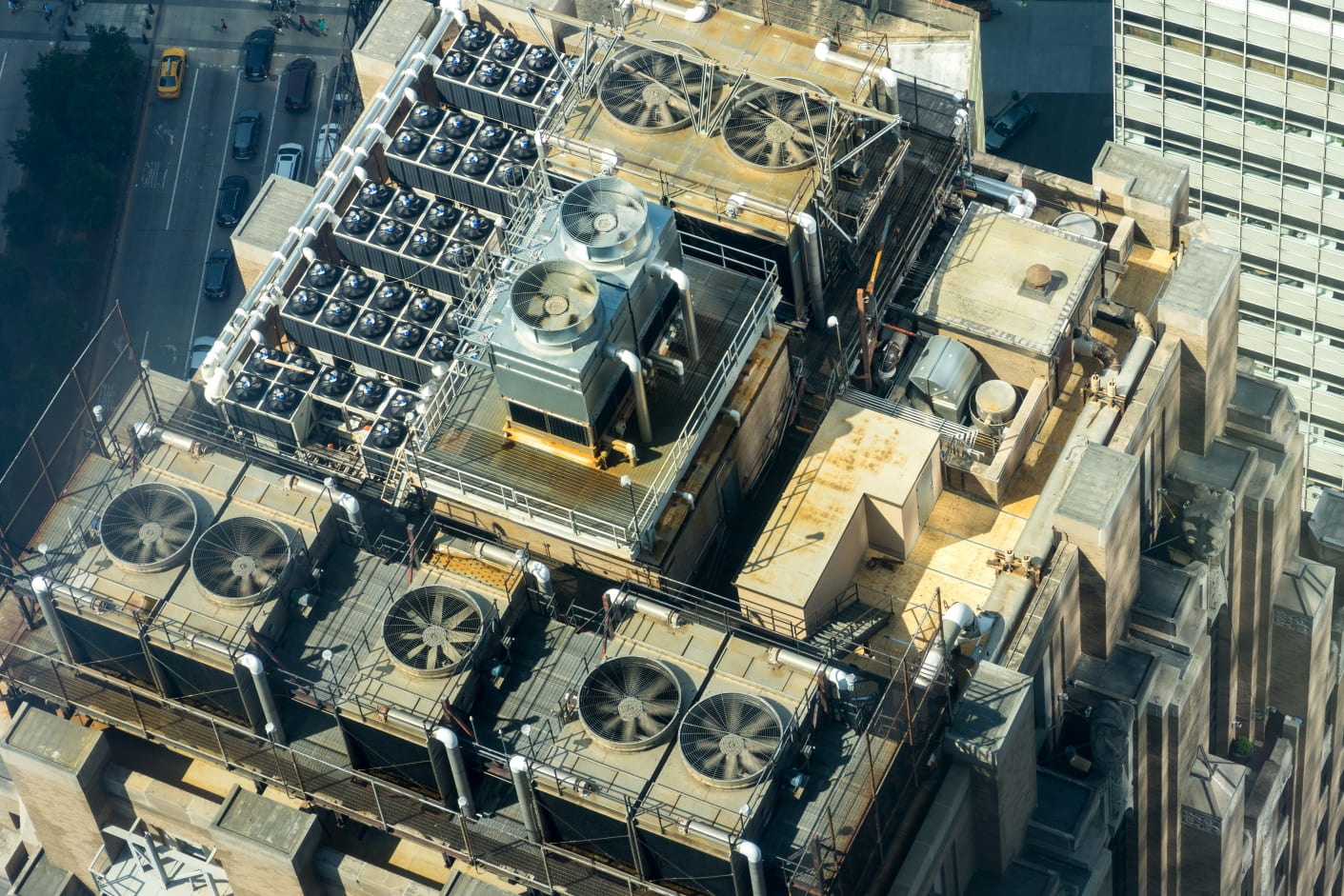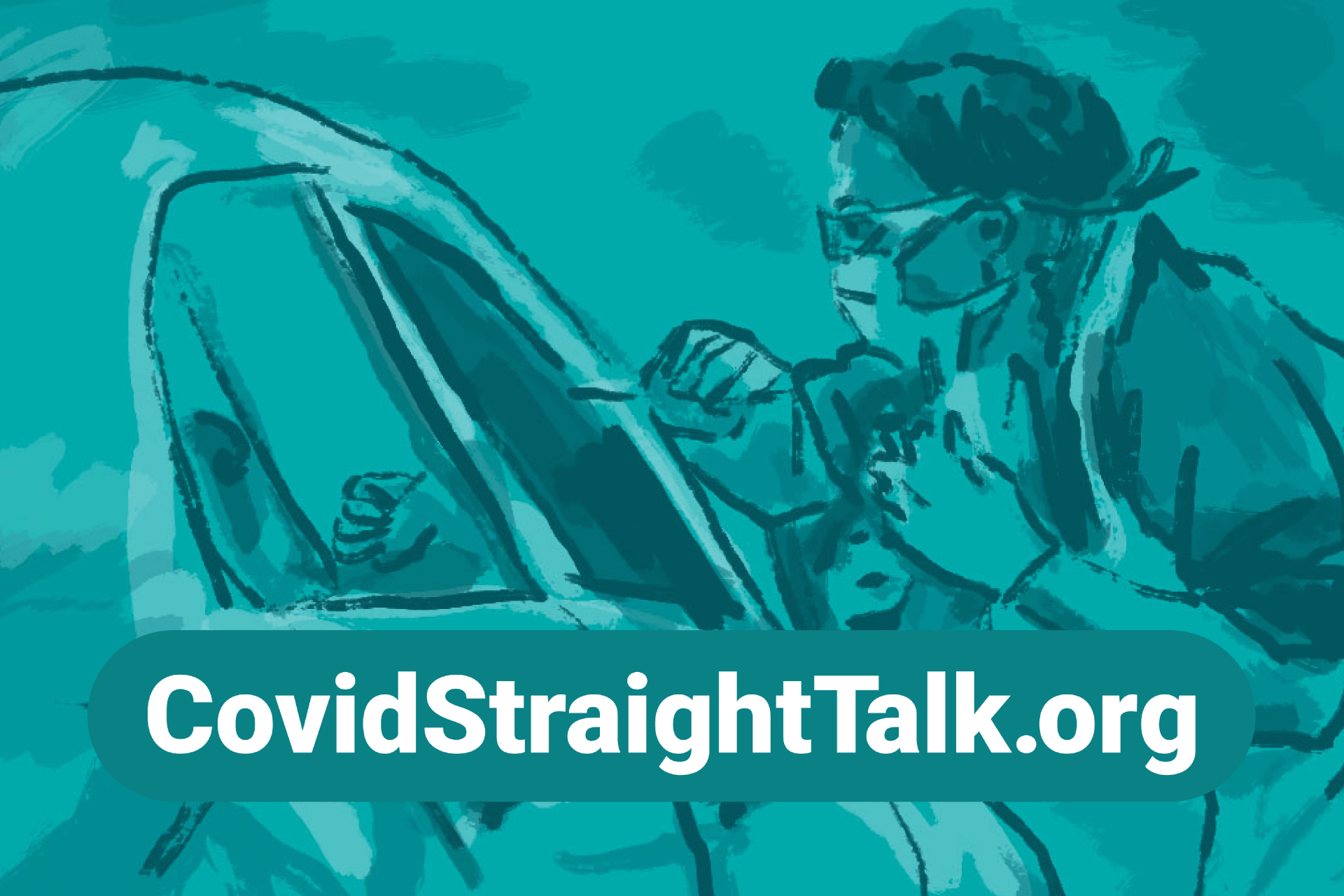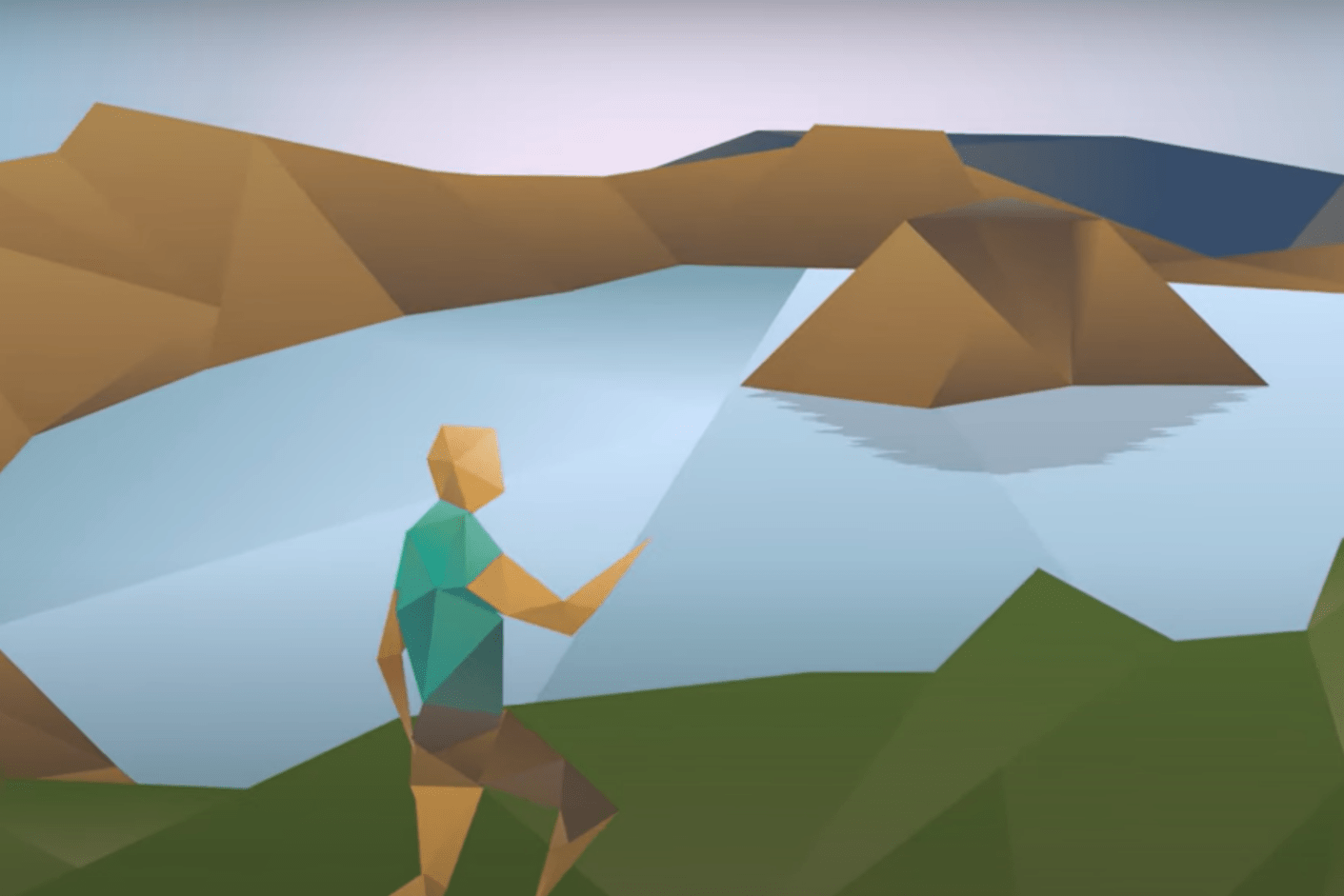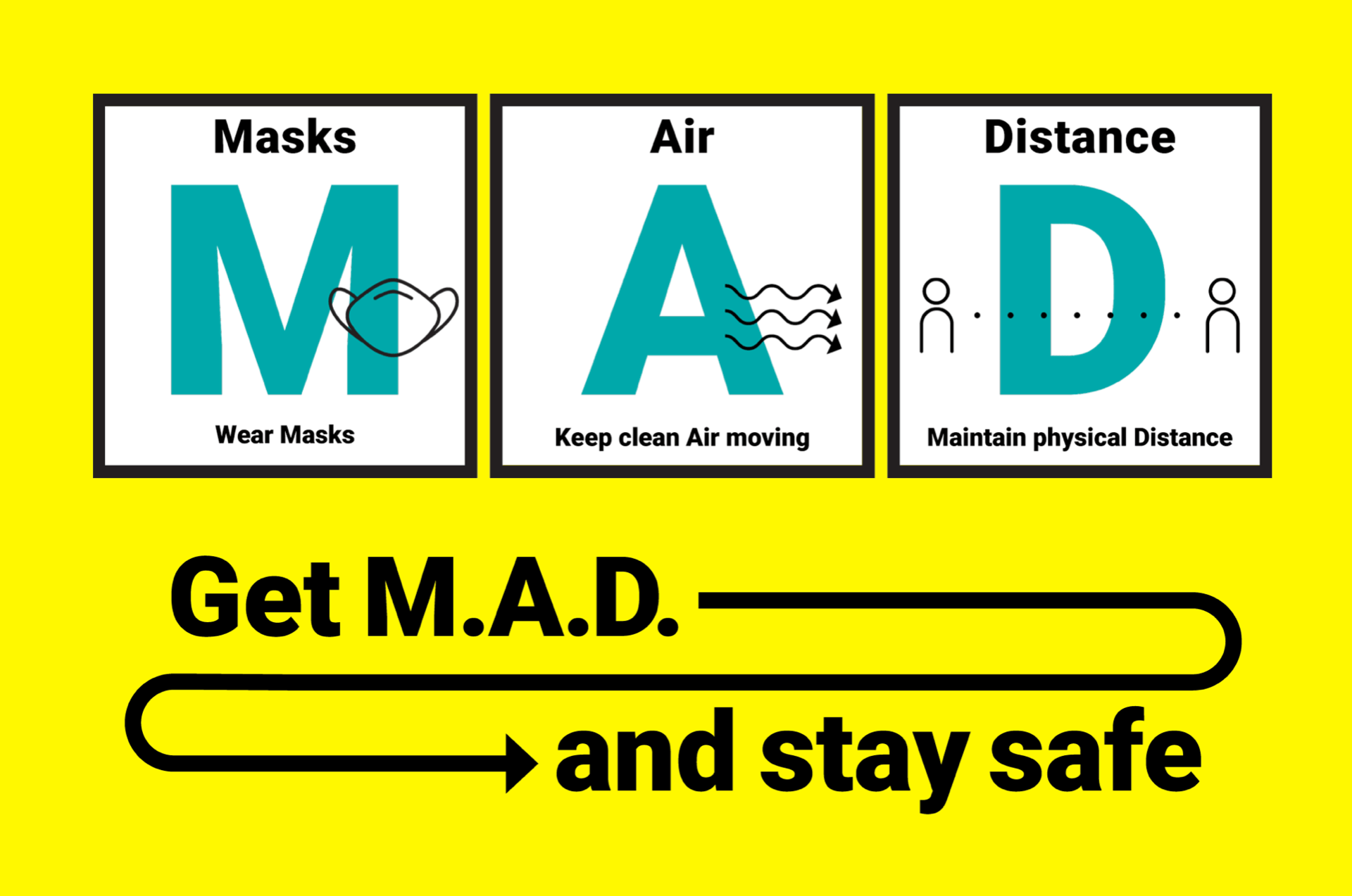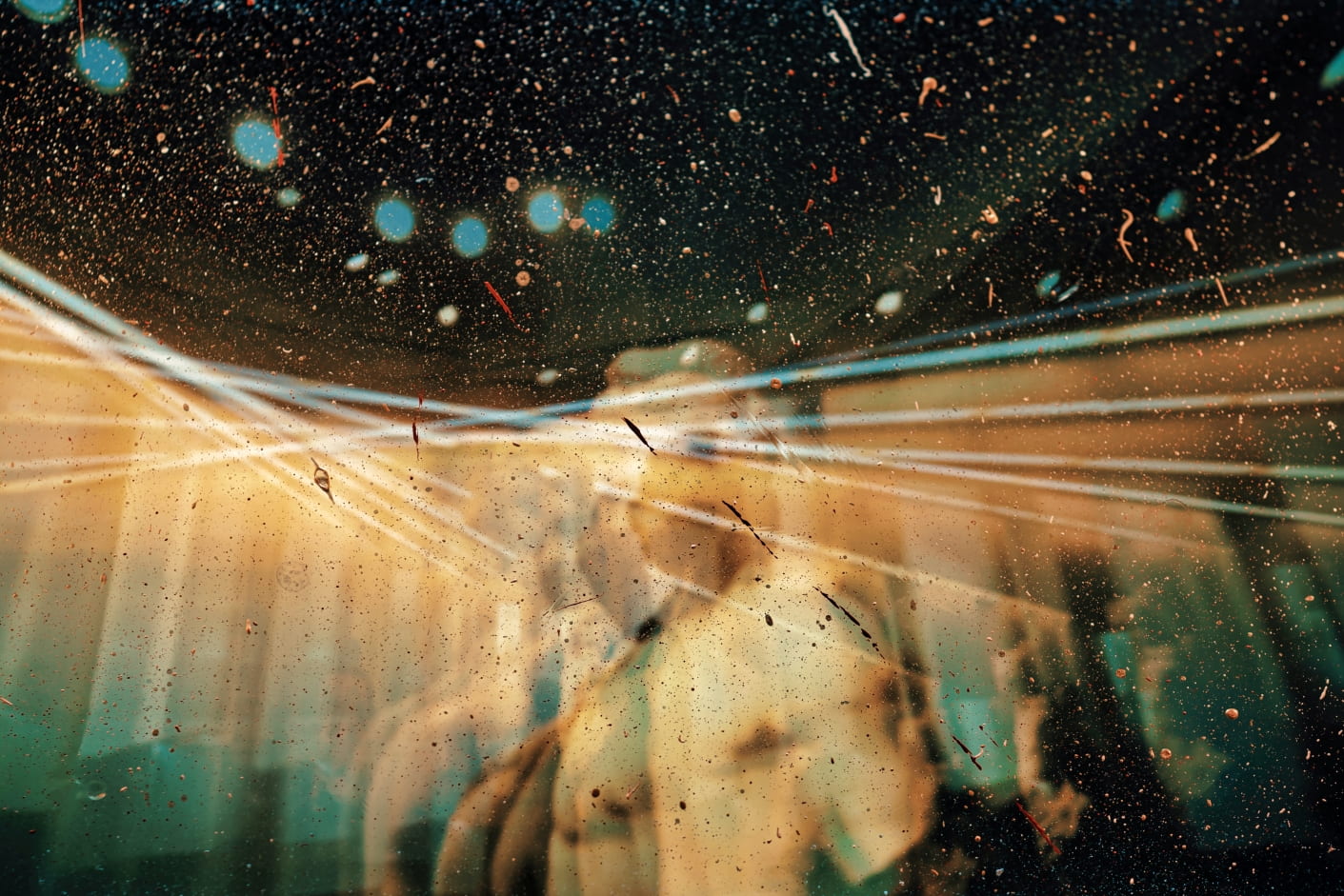COVID-19 AND THE BUILT ENVIRONMENT
Government and Industry Funded
With the increasing spread of severe acute respiratory syndrome coronavirus 2 (SARS-CoV-2) that results in coronavirus disease 19 (COVID-19), corporate entities, federal, state, county and city governments, universities, school districts, health care facilities, assisted living organizations, daycares, homeowners, and other building owners and occupants have an opportunity to reduce the potential for transmission through built environment (BE) mediated pathways. Over the last decade, substantial research into the presence, abundance, diversity, function, and transmission of microbes in the BE has taken place and revealed common pathogen exchange pathways and mechanisms.
Buildings are the engines of our economy and they make space for our communities to flourish. Buildings are also home to countless microbes (bacteria, fungi, and viruses), including of course, the newest coronavirus. To reduce indoor transmission in buildings, the University of Oregon launched a SARS-CoV-2 monitoring campaign focused on critical infrastructure in collaboration with Oregon Health & Sciences University. We cannot test every person every day for coronavirus, but we just might be able to test every building every day. This is the evidence that can help guide decision makers about how to most safely reopen the economy. Check out all of the work we’ve done on SARS-CoV-2 below.
As of January 1st, 2022, we are also maintaining CovidStraightTalk.org, created by Last Mile and NYCOSH. CST is a worker-focused COVID-19 safety and information resource. CST helps essential workers fight for safe workplaces, and we are bringing our scientific and built-environment expertise to help keep this platform up to date with the latest COVID-19 news and guidance.
Our Publications
Public Communication & Educational Resources
Student McKenzie Vanko explores hospital architecture in relation to COVID-19 through water modeling.
Our Work in the News
Scientific American, 4/19/22: How to Make Smart Decisions About COVID Risk-Benefit
The New York Times, 3/24/21: Pulling Coronavirus out of Thin Air
Montana Free Press, 3/3/21: When the Virus is in the Building
Bloomberg, 12/16/20: Stop Sanitizing Everything
Capital Press, 11/9/20: Mass Timber in Healthcare
KLCC, 10/9/20: Viral Buildings?
GMA, 7/24/20: Testing Buildings May be Key to Reopening
UC Davis, 7/16/20: Coronavirus Livestream
Oregon Quarterly, 7/15/20: 5 Experts on COVID-19
WebMD, 7/8/20: Air Conditioning May be Spreading COVID-19
Axios, 7/14/20: Buildings Are Getting Tested Too
Wired, 5/27/20: De-Germing a COVID-19 World
Architect Magazine, 5/4/20: Reducing Transmission
The Conversation, 4/17/20: Buildings have their own microbiomes- we’re striving to make them health places
Huffington Post, 3/20/20: Here’s How To Keep Your Home As Coronavirus-Free As Possible
Our Wonderful Collaborators
OHSU
Dr. John Townes, Infectious Disease
Dr. Robert Martindale, Surgery
Dr. Amy Hermesh, Obstetrics & Gynecology
Dr. William Messer, Infectious Disease
Dr. David Constant, Infectious Disease
Dr. Bory Kea, Emergency Medicine
Dr. Fikadu Tafesse, Infectious Disease
Dr. Alison Edelman, Obstetrics & Gynecology
Kyirsty Unger, Intensive Care
Andrew Wilkes, Facilities
Skai Dancy, Facilities
Roger Cole, Facilities
UC Davis
Dr. David Coil, Biology
Dr. Jonathan Eisen, Biology
PSU
Dr. Richard Corsi, Chemistry / Engineering
Drexel
Dr. Charles Haas
Funding & Support from Industry & Government
Thermo Fisher Scientific – R&D of a SARS-CoV-2 bioaerosol detection device (AerosolSense) at bench, room and field scale. On-going.
Smith Detection – field and chamber studies of SARS-CoV-2 detection equipment. On-going.
DB Engineering – room-scale testing of dielectric bipolar ionization technology (Atmos Air). On-going.
On-site – room-scale testing of photocatalytic oxidation technology (Genesis Air). On-going.
Clanton & Associates – UVC literature review. Completed.
Velux – development of an analysis and visualization pipeline for simulating effect of daylight on SARS-CoV-2 indoors. On-going. Daylight and viral decay indoors
TRC – field tested various air monitoring equipment in Covid-19 positive hospital spaces.
Related state government-funded research
Oregon Health Authority – funded retroactive forensic building study for senior living Covid-19 outbreaks and creation of a building manager’s toolkit for ventilation

